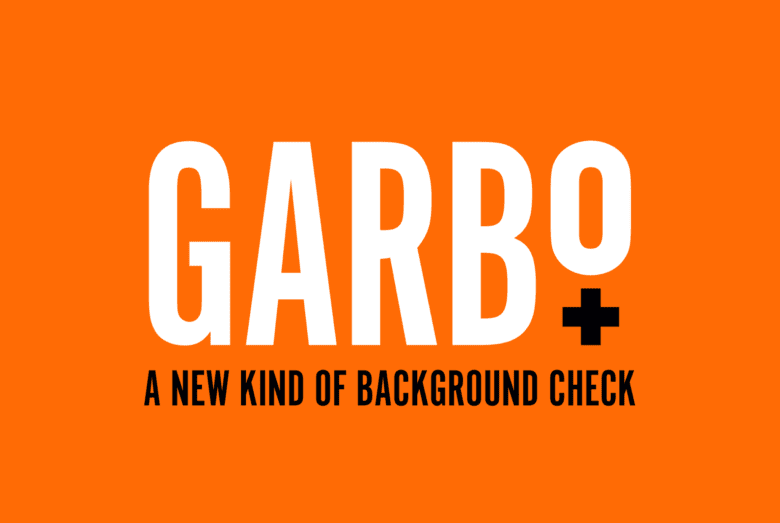My son was a part of the first generation to have social media. Somewhere deep in the bowels of the internet, in his tween years – complete with bad haircuts and braces – he lurked, waiting to be found, hoping to be forgotten. And as with everyone else in my generation, I had to be the one to tell him the same things again and again: don’t meet up with anyone you come across online. Don’t give out your details, or address, or anything like that. We painted pictures of boogeymen who waited to find and kidnap me, using sites as casual as Omegle.
Both my sanity and my son survived that period. But anyone who keeps up with the news will inevitably hear about people who weren’t so lucky: a catfish gone wrong, or worse still, rape and murder. To try to protect their users, sites like Tinder, Hinge, Plenty of Fish and Match.com are trying a new feature: background checks. The idea is that users will have to pay to complete a background check, which will examine all public records for reports of abuse and violence. They won’t disclose any information about drug-related offences or traffic incidents like speeding, just anything involving harassment and harm.
To get the data, dating apps are working with a new company called Garbo. Match.com has also previously collaborated with a company who worked with Uber after customers reported sexual assaults, and helped to implement a ‘panic button’ feature on the app that alerted authorities if customers felt unsafe. A panic button has also been introduced to some dating sites, which work similarly to Uber: the user can press the button, which alerts the police and provides them with the user’s location so they can be found as quickly as possible.
The advantage of the background check feature is that it works both ways: you can either have the check, prove that you don’t have a violent past or a history of stalking or harassing people, or you can refuse to do it and probably tell all of your prospective matches everything they need to know. An investigation by journalists found registered sex offenders using the dating apps, which is part of what spurred the apps to take this action. We don’t know at the moment what other measures they’ll be putting in place.
Details of how the background check works haven’t been released yet, but some people online are speculating that only customers who have paid or ‘premium’ memberships would have access to the results of the check. This seems like a terrible move: if dating sites are as committed to the safety of their users as they’re trying to appear, they’ll want to protect everyone, not just those with money. Users shouldn’t have to buy their own safety, it’s really that simple.
Online dating can be a wonderful way to meet people for a night of passion or a long term relationship, but bad dates can get dangerous, fast. It should be expected that dating apps and websites want to protect their users, and it’s honestly a little concerning that it’s taken so long for them to implement this measure. Hopefully, they’ll move faster in the future and we’ll be closer to safer dating where the only worry is heartbreak, not physical danger.



